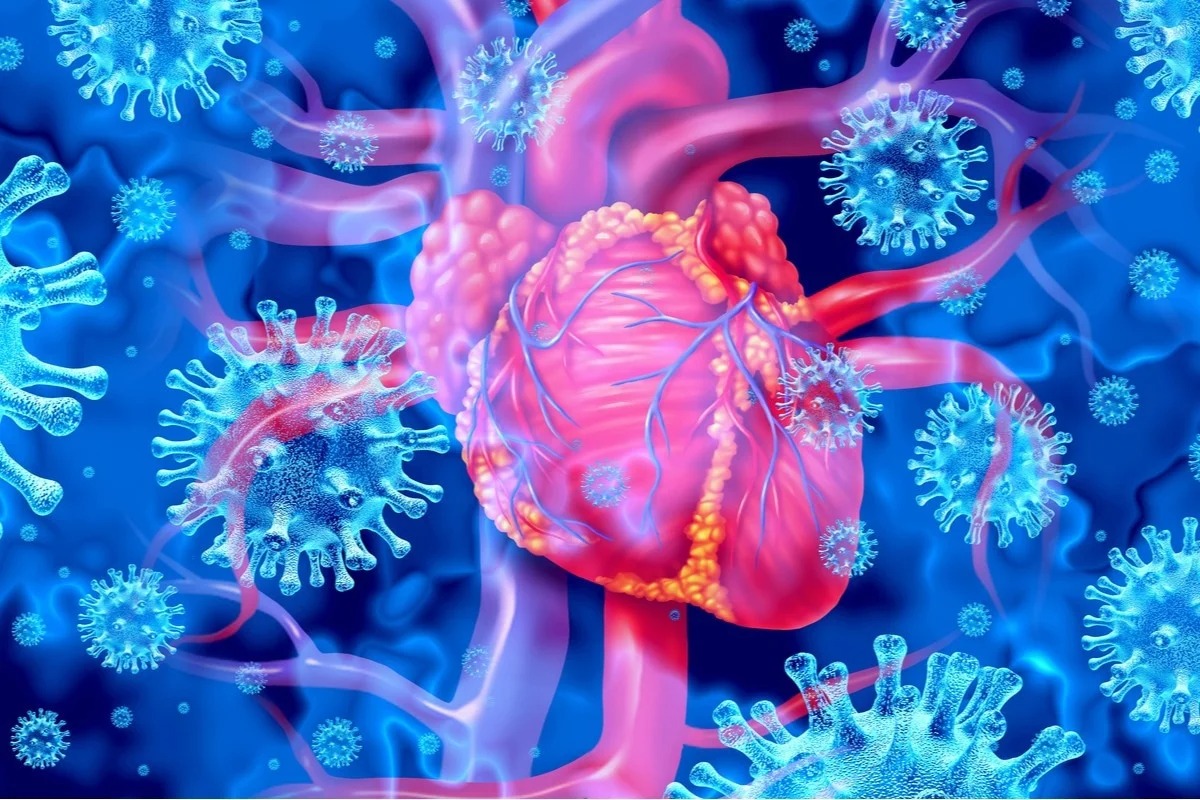Researchers in Vietnam have uncovered a notable correlation between COVID-19 infections and sleep disturbances among patients. In a study involving 1,056 COVID-19 patients who were not hospitalized, a staggering 76.1% reported experiencing insomnia.
Among those grappling with sleep issues, 22.8% were diagnosed with severe insomnia. The study also revealed that one-third of participants reported deteriorated sleep quality, reduced sleep duration, and increased difficulty falling asleep after contracting COVID-19.
Furthermore, half of the respondents reported experiencing more restless nights following their infection. The researchers highlighted a significant association between insomnia and mental health conditions such as depression and anxiety.

Participants with depressive or anxiety symptoms exhibited notably higher odds of developing insomnia, indicating a potential interplay between mental well-being and sleep disturbances in COVID-19 patients.
Marc Sala, co-director of the Comprehensive COVID Center at Northwestern Medicine, remarked that the study’s findings align closely with observations made by healthcare professionals treating COVID-19 patients.
He emphasized the emergence of neurocognitive issues post-SARS-CoV-2 infection, including symptoms like brain fog, memory impairment, and attention deficits.
Sala attributed these cognitive challenges to underlying neurological manifestations induced by the virus, such as inflammation and other biological factors.
Given the intricate connection between the brain and circadian rhythms, Sala suggested that individuals might experience various sleep-related problems following COVID-19 infection.
These issues could range from insomnia and fragmented sleep to sleep-disordered breathing and even sleep apnea in some cases. The multifaceted impact of COVID-19 on neurological functioning underscores the importance of addressing sleep disturbances as part of comprehensive post-infection care for patients.


